(Dan Tri) - While Ukraine is showing signs of losing ground in Kursk after 8 months of launching an attack, experts say that although Kiev has gained benefits, it has also suffered losses from this daring campaign.
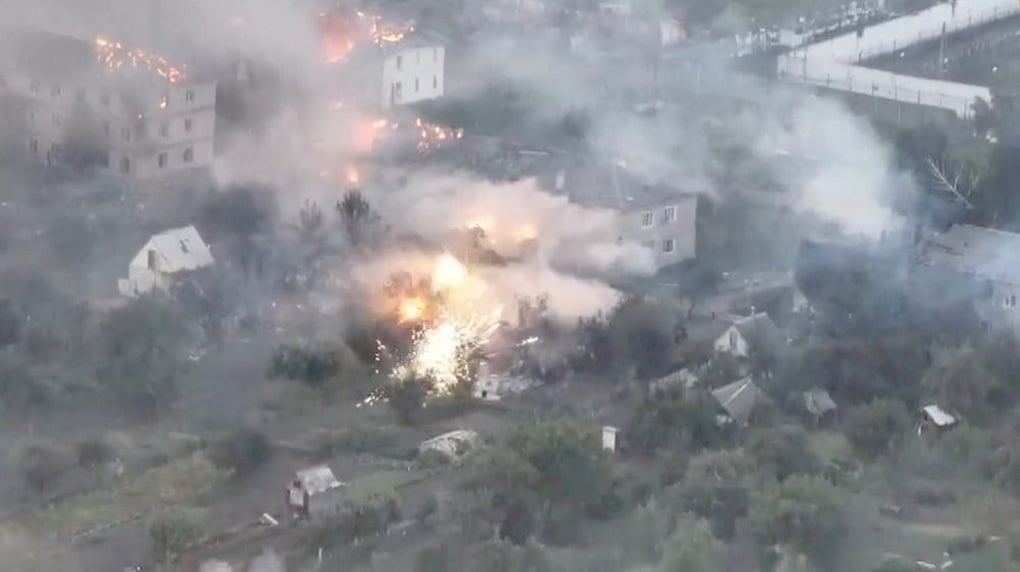
A Ukrainian attack on Kursk, Russia (Photo: Reuters).
Eight months after launching a surprise attack on Russian territory, Ukraine's position at Kursk appears to be faltering.
As of March 12, the town of Sudzha - a few kilometers from the Ukrainian border - remains the last major stronghold in the breakthrough zone of Kiev's forces.
Ukrainian officials are painting a bleak picture of the defense situation. Roman Kostenko, secretary of the Defense Committee in the Ukrainian parliament, said at a press conference on March 12 that Russian troops had entered the town and were trying to cut off Ukraine’s supply lines.
"There is information that Russian troops have entered a certain area. Fighting is still going on. The Russians control part of that area, which is on the other side of the river," Mr. Kostenko said.
However, he said he had not yet received notice of a complete withdrawal, and Kiev had not yet confirmed the decision.
However, the language used by senior Ukrainian officials suggests that at least some forces have begun to withdraw.
Ukraine's commander-in-chief, Oleksandr Syrskyi, announced on the evening of March 12 that he had ordered the Ukrainian army to withdraw to "more advantageous defensive lines" if necessary.
Mr Syrsky added that Sudzha had been “almost completely destroyed” by Russian airstrikes. Both he and Ukrainian President Volodymyr Zelensky have insisted that Kiev’s top priority in Kursk is to “save the lives” of Ukrainian soldiers.
Meanwhile, Russian President Vladimir Putin ordered the military to push the last Ukrainian soldiers out of Russian territory.
“The Russians are putting maximum pressure on our soldiers,” Mr Zelensky told reporters.
Meanwhile, Russian military bloggers have posted images of the fighting in Sudzha, showing Moscow forces appearing to have entered the town's administrative district.
Ukraine launched a surprise attack on Kursk last August, seen as a bold attempt to draw Russian resources away from the eastern front and create an advantage at the ceasefire negotiation table.
In just a few days, Ukraine controlled more than 1,000 square kilometers of Russian territory and threatened to advance deep into the city of Kursk.
But Moscow forces quickly responded, gradually narrowing the area controlled by Ukraine, until only the land around Sudzha remained. The scenario of Ukraine withdrawing from Kursk is entirely possible in the near future.
According to observers, Ukraine's Kursk campaign clearly demonstrated that, regardless of the size of the target, success in combat requires careful consideration of battlefield realities.
Initially, when Ukraine attacked Kursk, they expected Russia to withdraw some of its troops from Donbass to defend its territory, thereby reducing the pressure on Kiev in the East. However, the reality has not been as Ukraine expected. Over the past 8 months, Ukraine has lost a lot of territory in Donetsk, while it has poured its elite forces into Kursk to attack, but now it is about to be pushed back to the border.
Ukraine wants Russia to be stretched in both Kursk and Donbass, but it is Kiev that is facing this situation.
In Kursk, Russia has an overwhelming advantage with a 10:1 artillery ratio, 5:1 drones and an equal number of ground forces. In Donbass, Russia also maintains a larger military potential and has continuously gained territory in recent months.
According to experts, Russia has chosen a "buying time" strategy in Kursk, forcing Ukraine to share its limited resources on both this front and Donbass. Then, Russia took advantage of the opportunity to wear down its opponent's potential on both fronts.
Ukraine may be able to succeed with quick, surprise attacks that will catch Russia off guard, but the problem is that they need resources to sustain their gains. Meanwhile, Ukraine is severely understaffed and under-deployed on all fronts.
The Kursk campaign may have boosted morale in Ukraine as it was the first military force to attack Russian territory since World War II. However, the momentum was short-lived.
There was a time when many Ukrainian soldiers questioned why they had to stay in Kursk, while the situation on the Donbass front was also very hot. The unclear objectives and lack of resources prevented Ukraine from holding on to an important card in Kursk that could be used in future negotiations with Russia.
Source: https://dantri.com.vn/the-gioi/ukraine-loi-bat-cap-hai-khi-van-cuoc-tai-kursk-sap-nga-ngu-20250313161321806.htm



![[Photo] Prime Minister Pham Minh Chinh receives Mr. Jefferey Perlman, CEO of Warburg Pincus Group (USA)](https://vstatic.vietnam.vn/vietnam/resource/IMAGE/2025/4/18/c37781eeb50342f09d8fe6841db2426c)






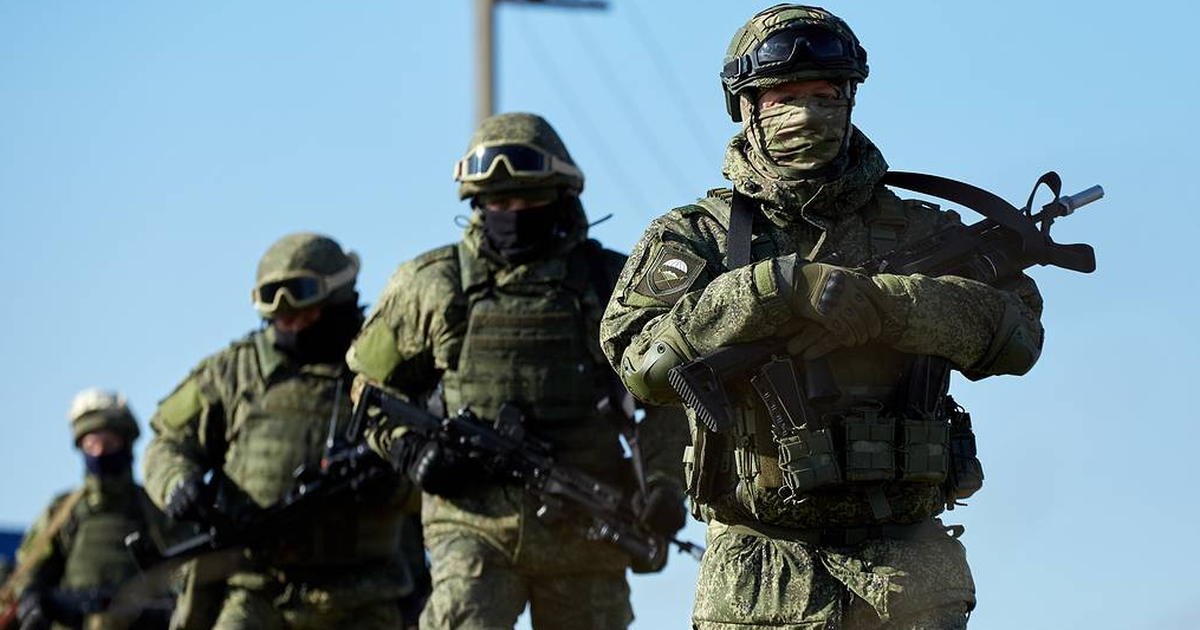

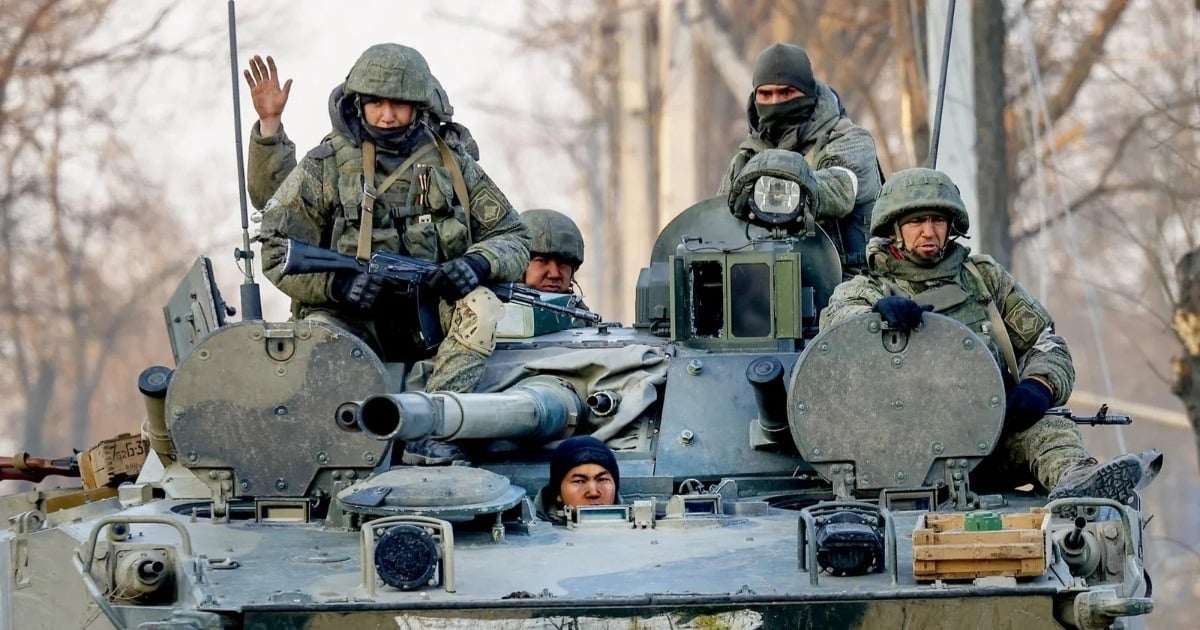
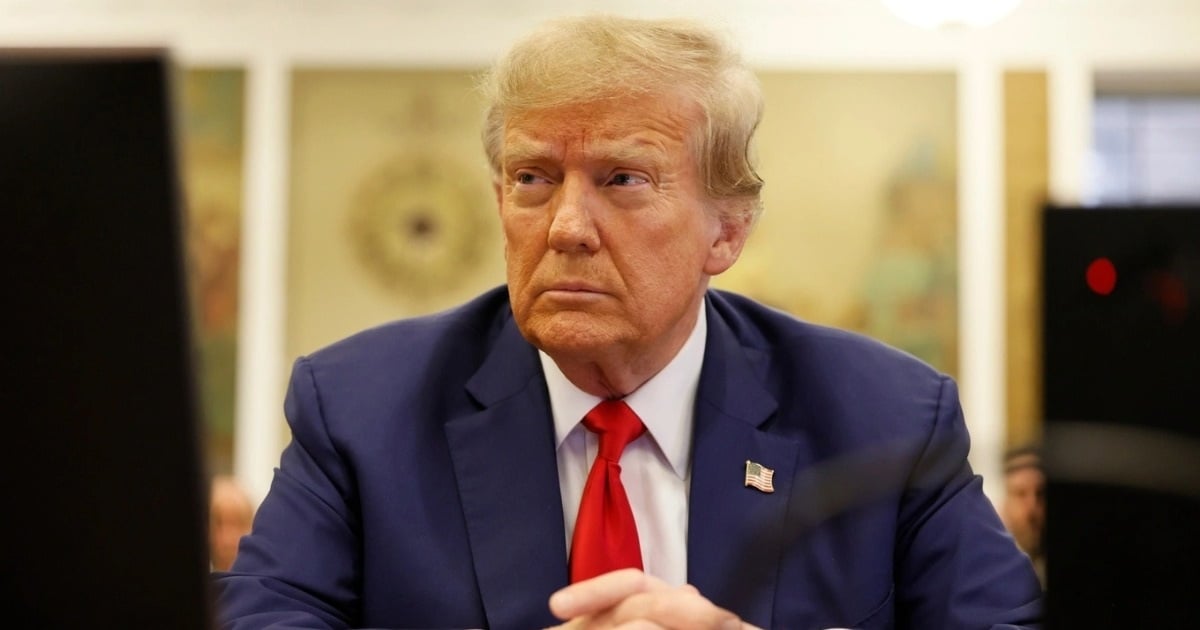
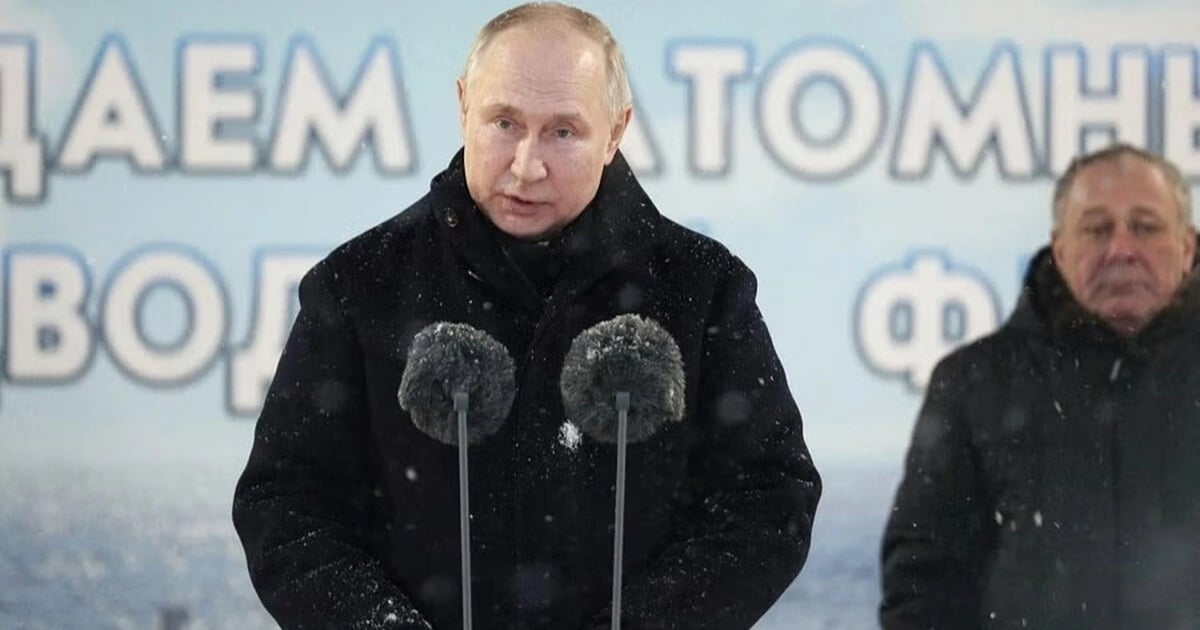
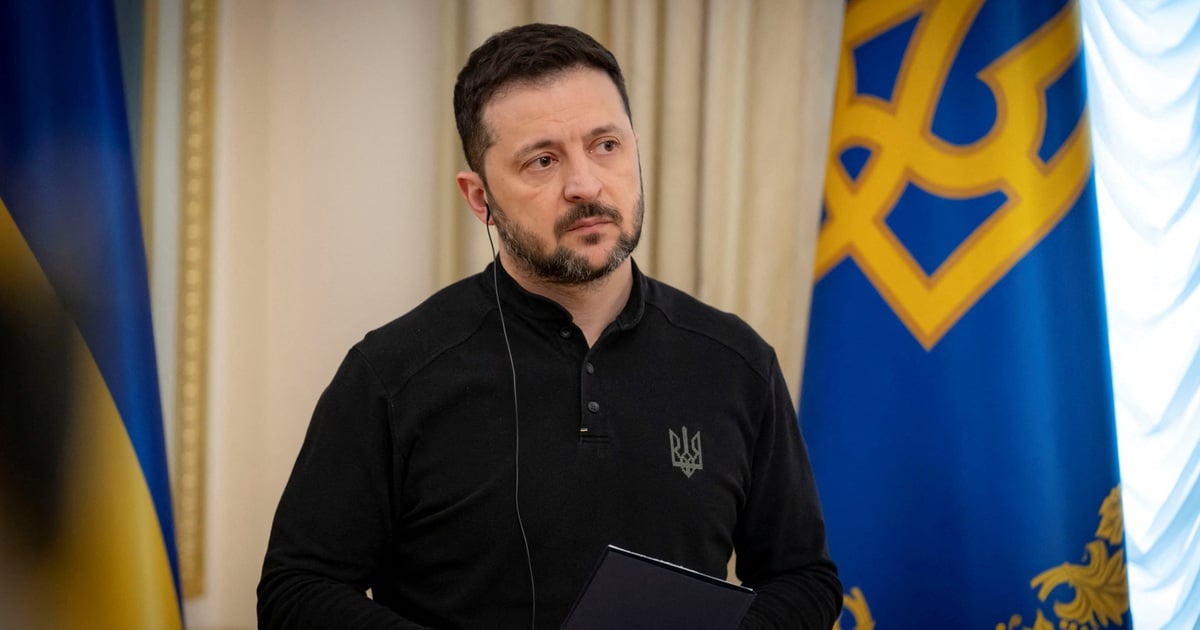





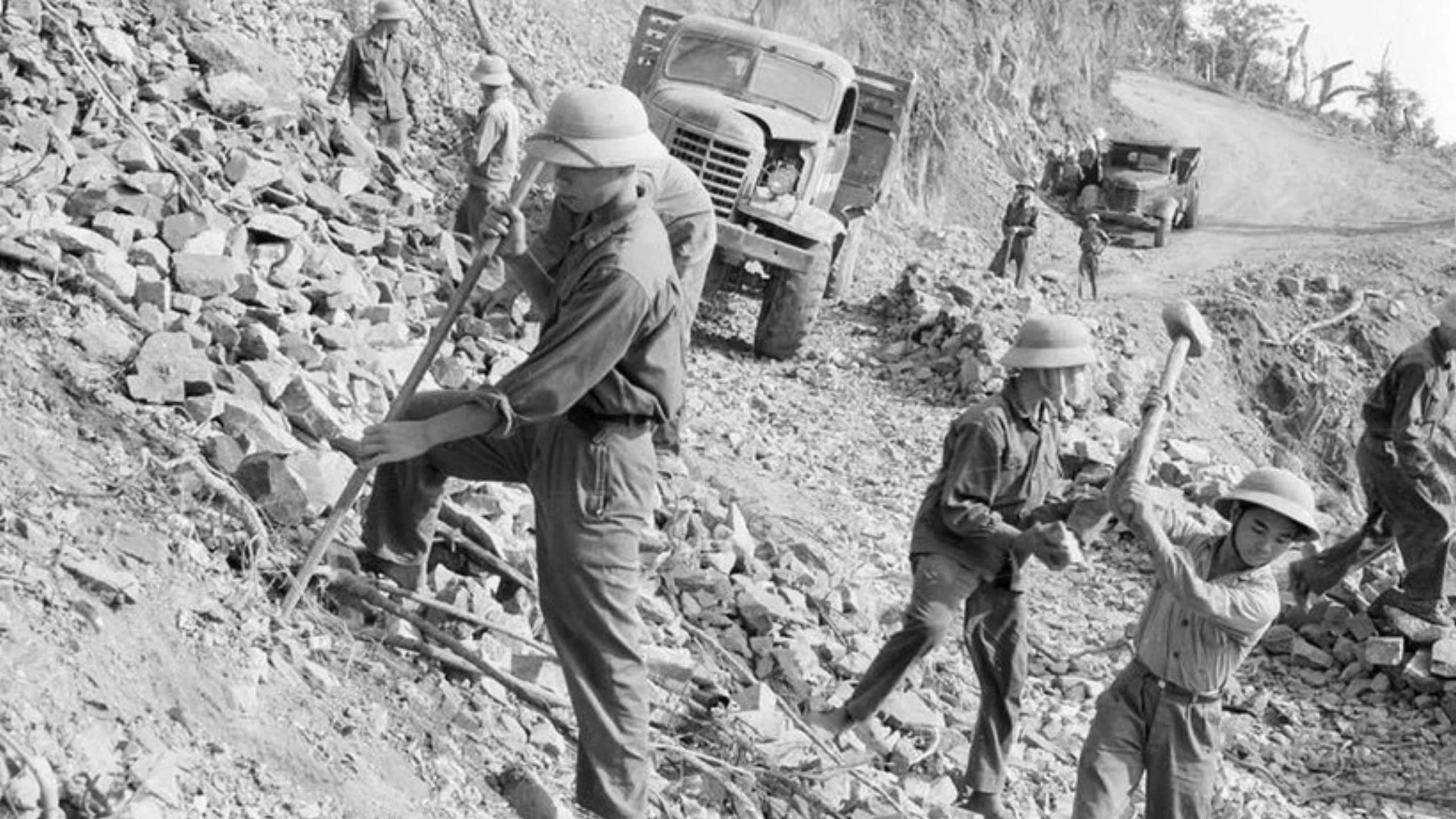







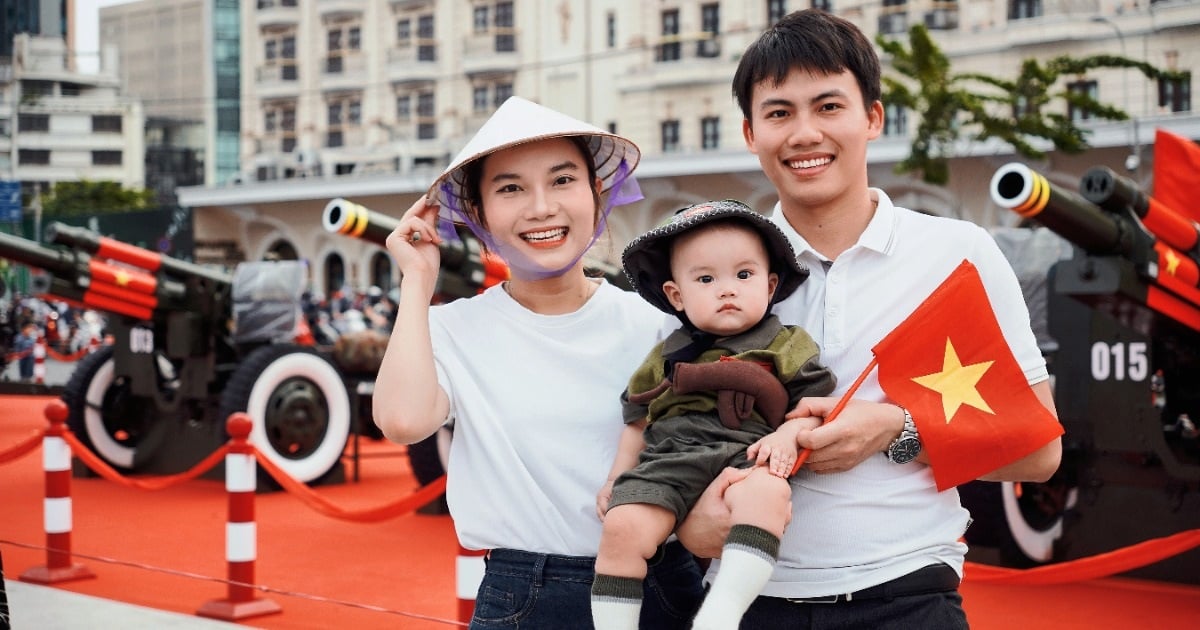










































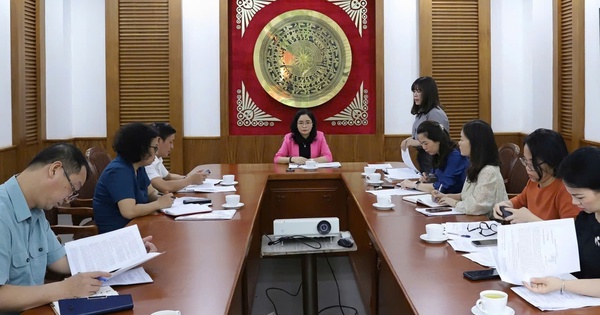



















Comment (0)